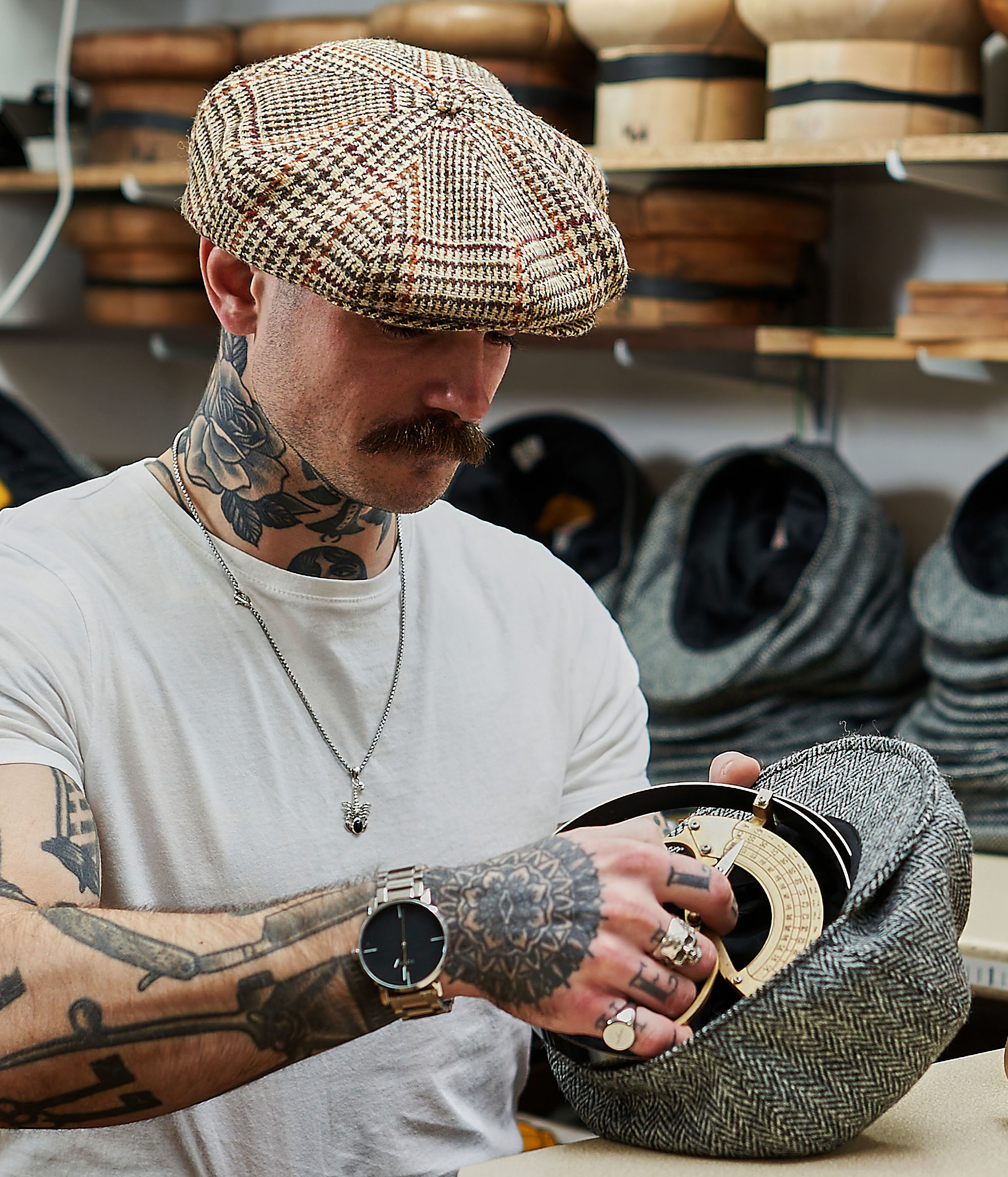
There is no doubt that hats and caps are fashionable and consistently popular. All you have to do is go to the nearest shopping center and visit any clothing store. However, more and more people are finding that the widespread availability of mass-produced headgear means that the quality doesn’t meet their expectations. An alternative is to choose products made using traditional methods in small manufacturies. Family-run factories pass down the ethos of production from generation to generation and take care every detail of their products is of the highest quality. The profession of milliner and hatter had slowly become a thing of the past. Fortunately, the beginning of the 21st century has brought a small revival, and more and more people are finding these jobs to continue these sometimes multi-generational traditions.
Hatmaker – a disappearing profession
Craftsmen who sew caps are few in Poland. In their small workshops, headgear is made on centuries-old sewing machines. The hatters design and produce them by hand, based on their years of experience. Most cap sewing factories were passed from father to son. However, by the 1970s, there were few masters left to share their knowledge and experience with the younger generation. At the end of the 20th century, there were only a few cap-making workshops in Poland. There was a time when almost
no one wanted to be engaged in this craft. Nowadays, the fashion for handicrafts and traditional high-quality products is returning. The beginning of the 21st century brought a revival of craft professions, and the young generations looked at this job with interest.
About the milliner and unusual designs
A milliner designs and creates hats himself. The final look of the hats depends on the craftsman’s skills. To become a master of this profession, theoretical knowledge is not enough. It still takes experience and a skilled hand. Hat designs often are classic and frequently repeated, and the colors of materials tend to be in shades of gray, black, or navy blue. Making precious headgear is a time-consuming process and a delicate job. Men are less likely to experiment with different types of hats, often opting for classic models. Women, on the other hand, expect unique headgear that will make them look great. Their hats may have ornaments such as flowers, veils, or stripes. Women’s models also differ in size and shape. Examples of unique headgear, often custom-made, are most easily observed in the British royal court or among women active in politics. In Poland, for official occasions, hats are worn by first ladies, among others.
„Nothing dies in the family.”
Products from family manufacturies are the most popular among people looking for headgear made using traditional methods. The experts who create them boast knowledge of fabrics and tailoring
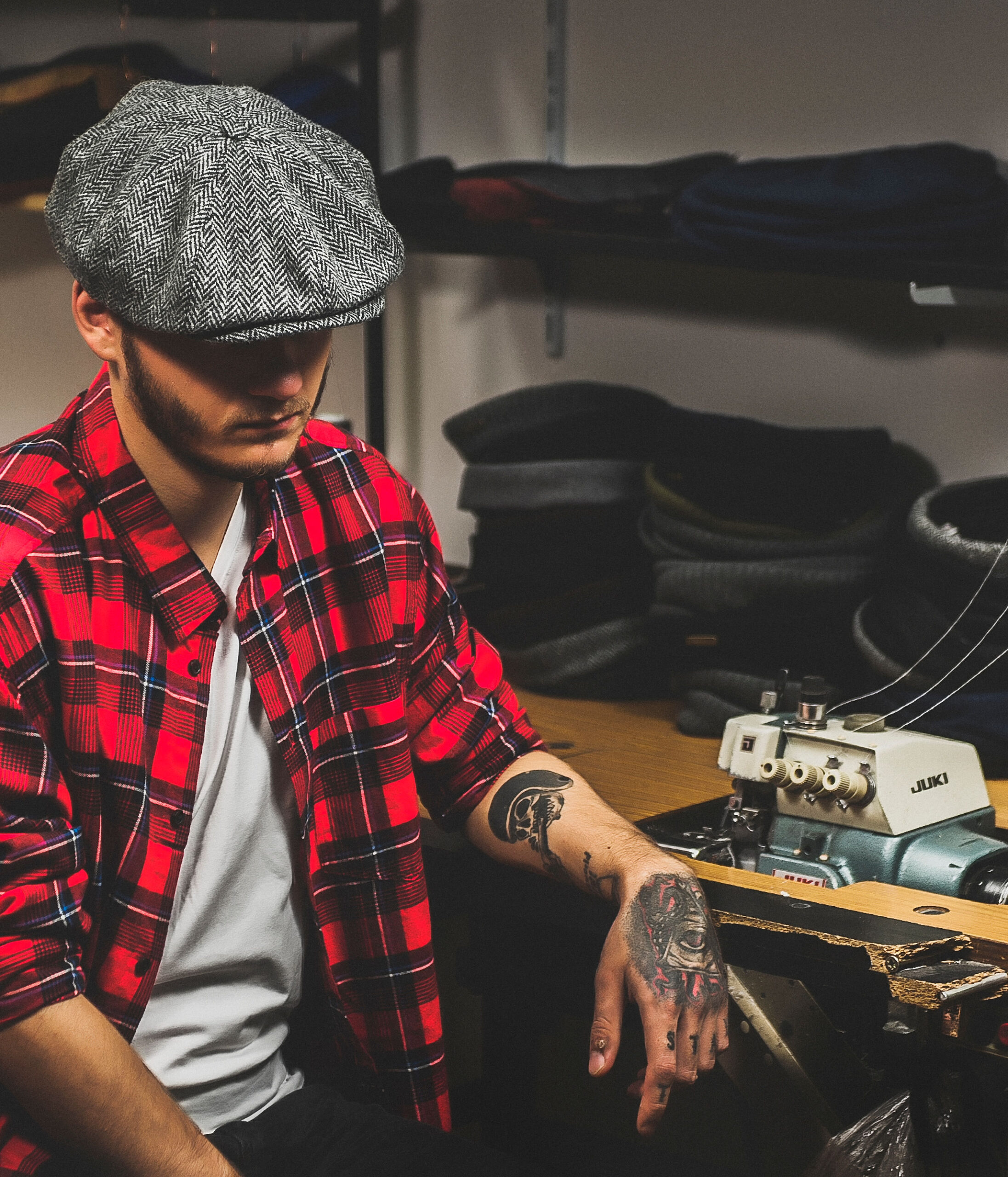
craftsmanship necessary to produce high-quality headwear. It takes time and a lot of work to do every single cap. Hats leaving small and family-run factories are cut from an individual template. This type of headgear appreciates English, Americans, and Japanese. Polish street fashion, which is more hermetic and conservative, is also slowly creating space for styling completed by casual and more elegant headgear.

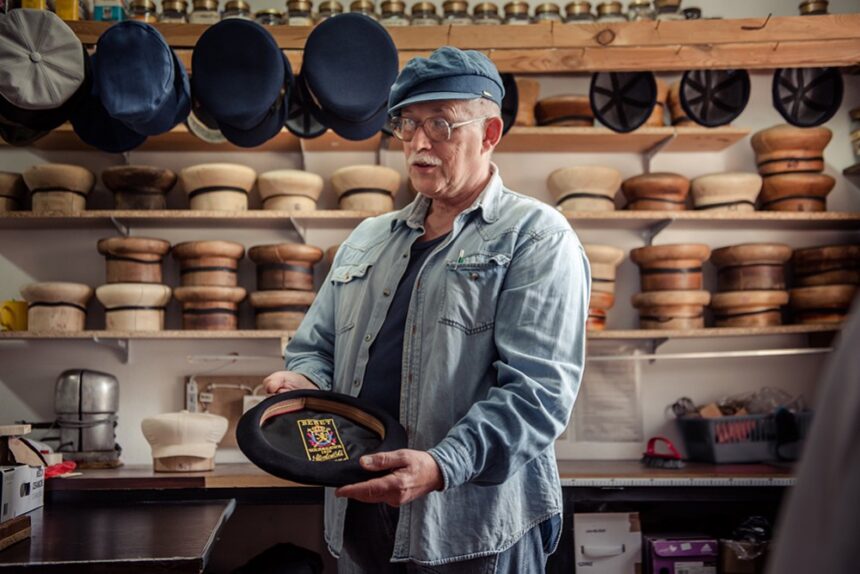

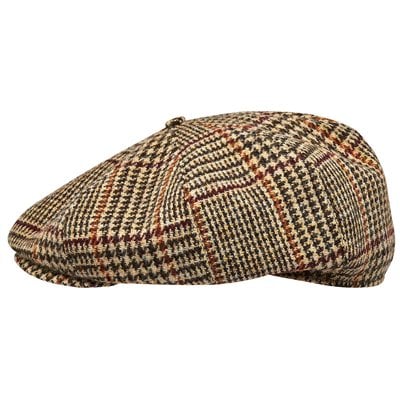
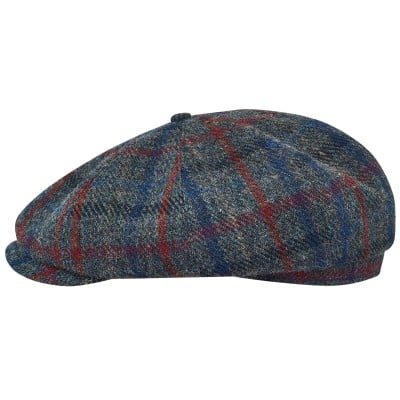
Leave a Comment